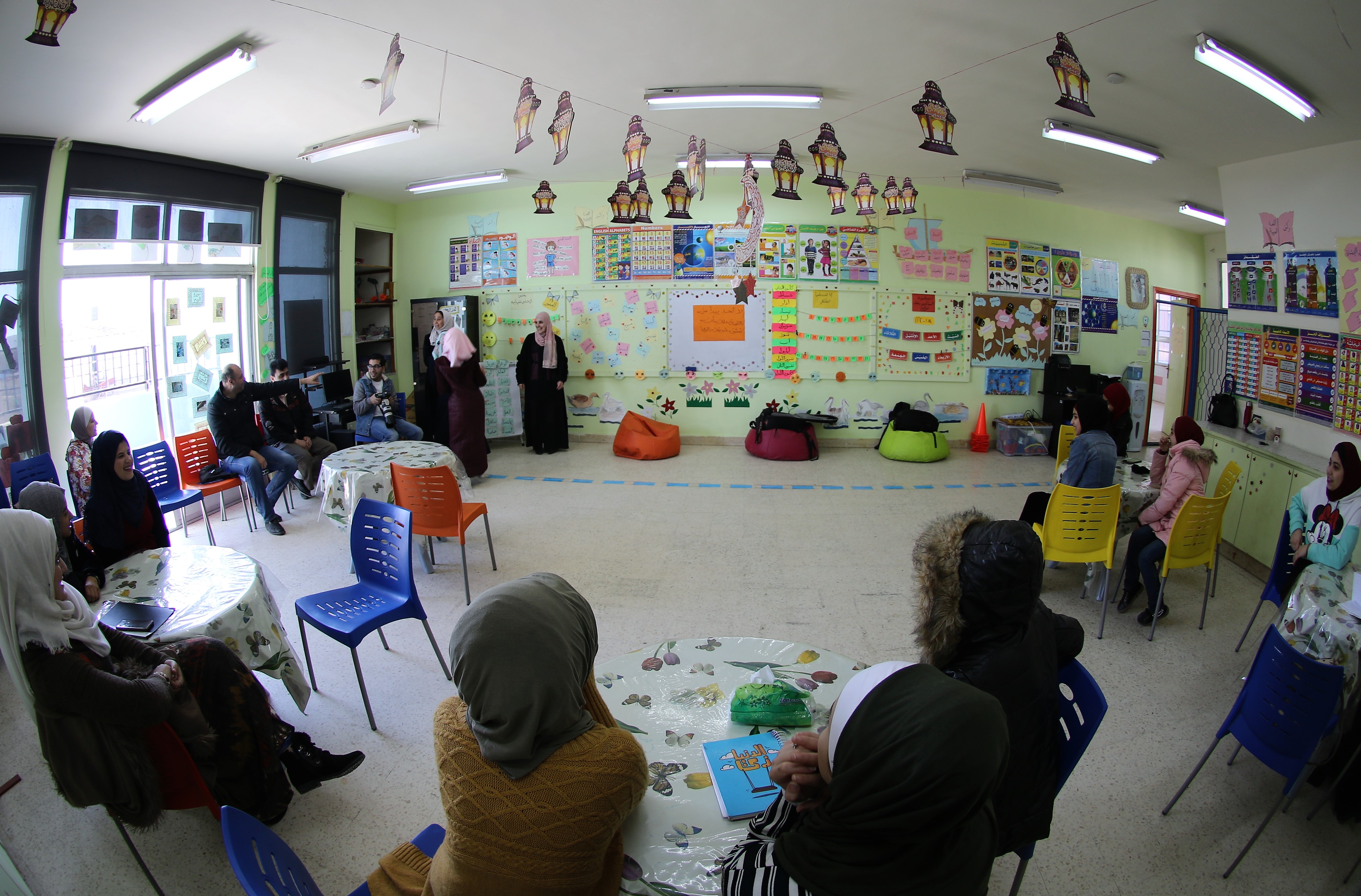I pinned my red cape (aka bath towel) around my neck, stood on the top rail of the porch two stories above a large pile of rocks behind grandma’s house, made a “whooshing” noise and jumped. Headfirst into that pile. Just like I had seen the 1950s Superman do his whooshing, red-caped jump into the air. Only, he went up and I went down.
Grandma, mother, and many aunts were all peering down at me when I woke up in bed. All totally relieved that I was not dead. Mild concussion. But for an 8-year-old, not-so-bad. (Little boys are hard to keep alive.)
Superpower fascination is now mostly controllable for me. But Spidey’s leaps still awaken something inside me that wants to swing out on webby strands and jump 1000 feet. I am better acquainted with gravity now, so I don’t. I am also always ever-so-slightly disappointed that spiderman suits don’t come in my size.
But you know what? There is a superpower in the universe. I have experienced it myself and experienced it with thousands of others. It is relationship. Like a mentor. A champion. A got-your-back person. An “after-this-everything-is different” person.
A street kid with a mentor is a kid that will use street smarts to grow beyond street limitations. A refugee kid with a mentor will grow beyond the fences that constrict them. With a mentor, a kid that screws up and gets incarcerated can rework life and thrive. A dropped-out kid can become a doctor with a teacher/mentor who believes in them.
And you know what else? Superpowers are invisible. Like in Clark Kent. Like in Peter Parker. The most unlikely-looking people are superheroes!
For youth in trouble with the law, grannies are awesome superheroes. They have patience and time to listen. And they develop their superpower skills as mentors and connectors. They are the magic sauce in a program that diverts young offenders from lock-up to restoration. The same goes for refugee youth whose lives are trashed by the trauma of war – mentorship relationships heal. And for girls who have been exploited and discarded – trust in a mentor transforms all outcomes from then on.
Mentoring relationships are cultivated in Questscope with lots of care and attention to professional standards and accountability – program stuff always improving. But the superpower kicks in when the superhero looks at you and says, “it’s you and me, me for you. You’re not alone.”
One last thing! You have that same superpower. The ability to make something possible for someone because you take the time to give something of yourself to another person. You, too, are a superhero, waiting to show up.
Mentors connect with kids and with opportunities for kids. A long-term study indicates that even three weeks of mentoring changes long-term outcomes for 30 years into the future. Just 3 weeks!
Connect with us. Be a long distance superhero.
Curt



